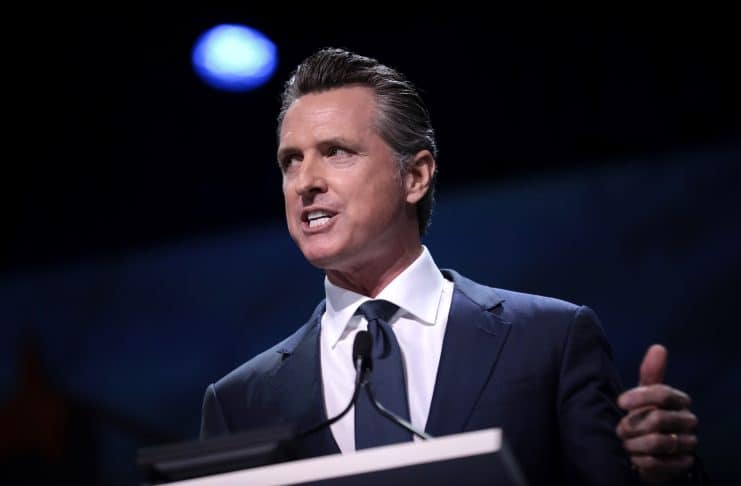Politicians are fond of introducing bills they know won't pass but will generate a lot of headlines. Such is the case of a piece of legislation from Wyoming that says the state supports “phasing out the sale of new electric vehicles in Wyoming by 2035.”
It's a joint resolution, which means it doesn't carry the force of law. Instead, it's a “message” or “brochure” bill that lawmakers can issue press releases on, make speeches about and include in the campaign literature at the next election.
According to its sponsor, Sen. Jim Anderson, he doesn't actually want the state to ban EVs. He and the bill's co-sponsors are just sending a message that they fundamentally disagree about California's very real mandate that the only new cars available for sale in the state come 2035 will be electric.
As the largest car market in the country, California's rules inevitably affect markets elsewhere. Other states and the Biden administration are following California's all-EV no-gas lead.
There's a real debate about whether such a mandatory switch is both possible and sustainable. And as Bjorn Lomborg writes, there are fundamental questions about whether EVs will make a bit of difference in the existential war against climate change (hint: the answer is “no”).
All that aside…a brochure bill saying a state will use its persuasive powers to stop EV sales within its borders is not helpful to any of these honest debates about policy. Does it help at all that the sponsor says he doesn't mean it?
No. But that does give the game away on brochure bills like his. They are stunts that don't move the policy debate an inch. More interesting about Wyoming in the role it could play as a source of strategic metals:
While Wyoming's mining industry is mostly known for extracting coal — it supplies up to 40 percent of national demand for coal, according to the Bureau of Land Management — the state also contains reserves of resources such as cobalt, and potential stores of graphite, both of which are used in electric vehicle batteries.
On that front, Sen. Anderson was unenthusiastic:
“it'd be nice” for the state to mine materials for electric vehicle batteries, but he raised concerns about where the batteries end up when they are disposed.
A real concern? You bet it is, which makes recycling – which is currently hard to do – a genuine entrepreneurial opportunity. Harder, certainly, than issuing brochure bills. But potentially more lucrative and beneficial than a truckload of politicians.
The opinions expressed in this article are those of the author and do not necessarily reflect the positions of American Liberty News.
READ NEXT: Cops Crack Down on Communist China's Insidious Plot >>



Speaking of mined materials, I’m not sure how it can be so darned bad to return something to the earth that was originally extracted from the earth to begin with.
With that in mind, it doesn’t bother me in the least to throw a lot of things away in the trash anymore.
In this regard I recall a fine old BC comic strip that addressed the hubbub about recycling. It posed a succinct answer to the question: what to do with recyclables. The character says in the final frame: ‘Where did it come from?’
If you count in the “energy” it takes to extract all the raw material for EVs, process them, and then throw in transportation energy, your EV DOES NOT save any energy at all!
It actually uses MORE energy.